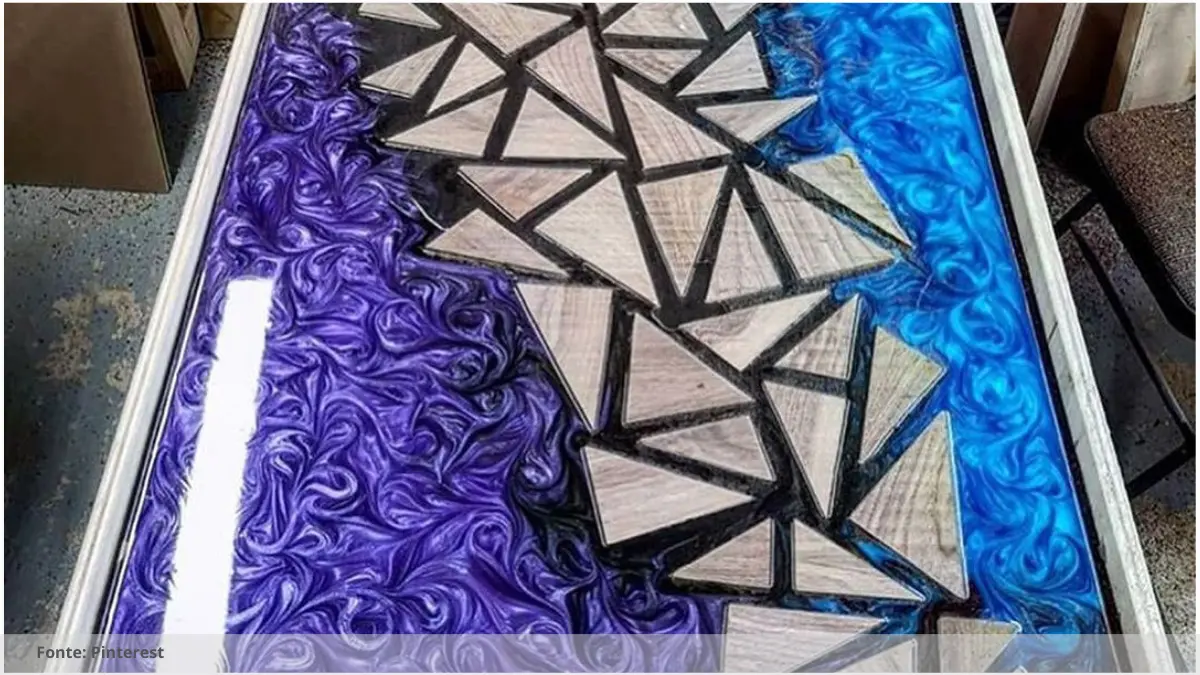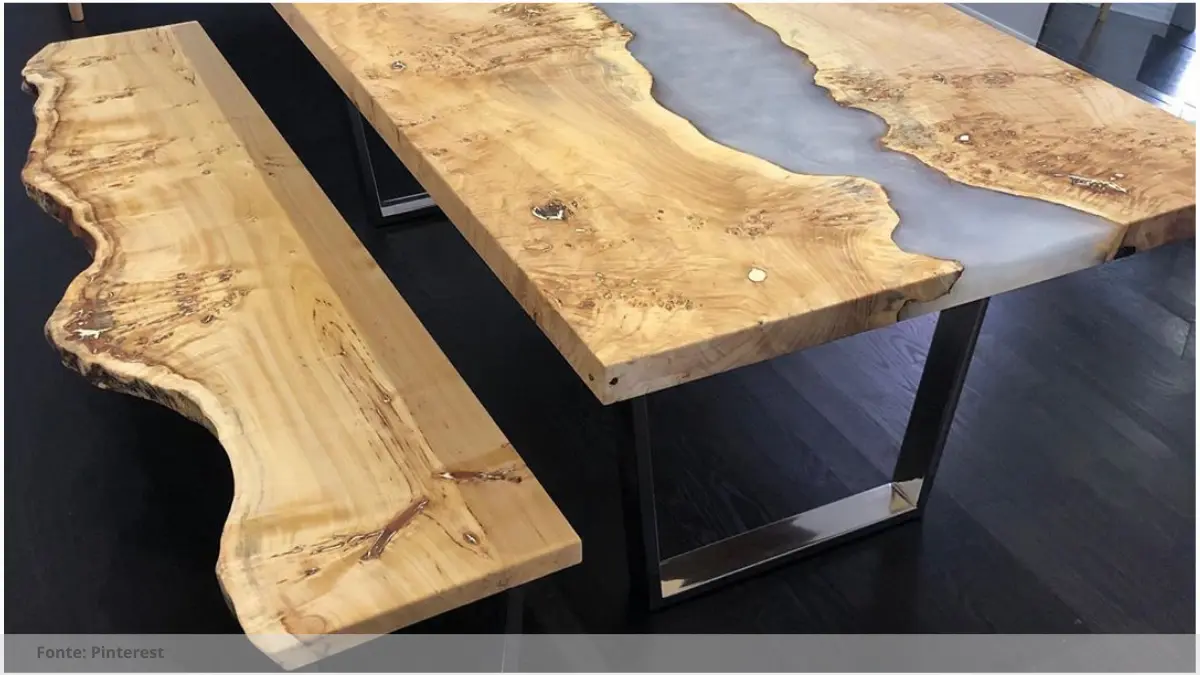
Resin Epoxy Buffing: How to Achieve a Flawless Finish for Your DIY Projects
Resin epoxy buffing is a crucial step in any DIY project involving resin. It helps to smooth out imperfections, remove any scratches or blemishes, and give your project a glossy, professional finish. Whether you’re working on a small jewelry project or a large tabletop, proper buffing can make all the difference in the final result.
The Basics of Resin Epoxy Buffing
Before you start buffing your resin epoxy project, it’s important to understand the basics of the process. Buffing is essentially a finishing technique that involves using abrasive compounds to smooth out imperfections and create a shiny surface. There are several different methods and tools you can use for buffing, depending on the size and type of your project.
Choosing the Right Buffing Compound
One of the key factors in achieving a flawless finish with resin epoxy buffing is choosing the right buffing compound. There are several different types of compounds available, each designed for specific purposes. For example, if you need to remove scratches or blemishes, you’ll want to use a more abrasive compound. On the other hand, if you’re just looking to achieve a high-gloss finish, a less abrasive compound will be more suitable.
Tools for Resin Epoxy Buffing
When it comes to buffing resin epoxy, there are a few different tools you can use to get the job done. Some of the most commonly used tools include buffing pads, buffing wheels, and buffing cloths. Each of these tools has its own advantages and disadvantages, so it’s important to choose the right one for your specific project.
Techniques for Achieving a Flawless Finish
Now that you have the right compound and tools, it’s time to start buffing your resin epoxy project. Start by applying a small amount of compound to the surface of your project, then use your chosen tool to buff in a circular motion. Be sure to work in small sections, applying more compound as needed. Once you’ve buffed the entire surface, give it a final polish with a clean cloth to remove any residue and achieve a flawless finish.
Final Thoughts
Resin epoxy buffing can be a time-consuming process, but the results are well worth the effort. By choosing the right compound, using the appropriate tools, and following the proper techniques, you can achieve a flawless finish for your DIY projects that will impress everyone who sees them.
Read the Recent Articles of the Day by Clicking Here!
One important suggestion for achieving a flawless finish with resin epoxy buffing for your DIY projects is to make sure to properly mix and apply the epoxy resin according to the manufacturer’s instructions. This will ensure that the resin cures properly and results in a smooth and uniform surface.
Additionally, it is important to take your time when sanding and buffing the cured resin to achieve a flawless finish. Start by sanding the surface with fine-grit sandpaper to remove any imperfections or rough spots. Then, use a polishing compound and a buffing wheel to bring out the shine and create a smooth finish.
It is also recommended to work in a well-ventilated area and wear a mask to protect yourself from any fumes or particles that may be released during the buffing process. Taking these precautions will help you achieve a professional-looking finish for your DIY projects using resin epoxy buffing.

Frequently Asked Questions: Resin epoxy buffing
What tools do I need for resin epoxy buffing?
To buff resin epoxy, you will need a variable speed rotary tool, buffing pads, polishing compound, and protective gear such as gloves and goggles.
Can I use resin epoxy buffing on any surface?
Resin epoxy buffing can be used on a variety of surfaces including wood, metal, and plastic. However, it is important to carefully follow manufacturer instructions for best results.
How do I prevent scratches and swirl marks?
To prevent scratches and swirl marks, avoid using harsh brushes or sponges when washing your car, use a microfiber cloth for drying, and regularly wax your vehicle to protect the paint.
How long does it take for resin epoxy to fully cure?
It typically takes 24-72 hours for resin epoxy to fully cure and harden. However, factors such as temperature, humidity, and thickness of the application can affect cure time.
So, what do you think about this subject? Share your opinion in the comments and let’s continue discussing together!


